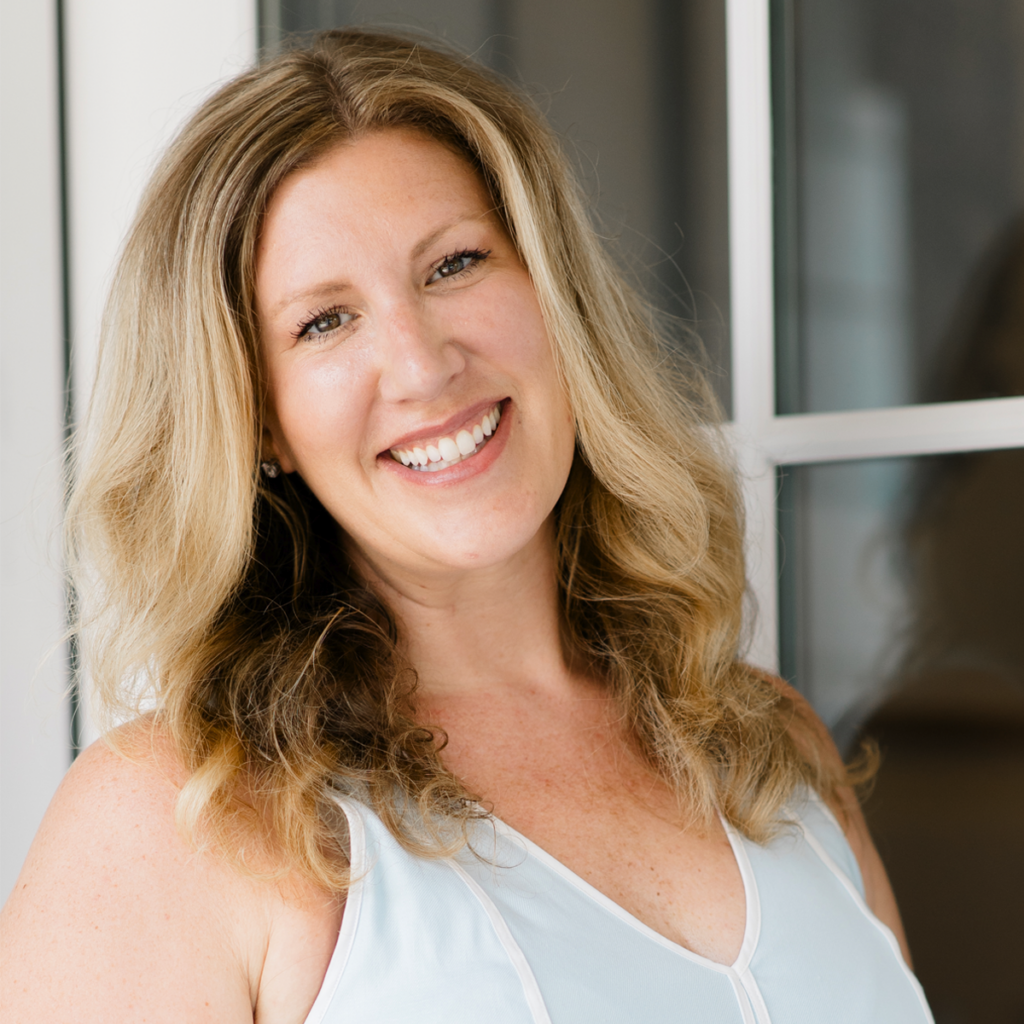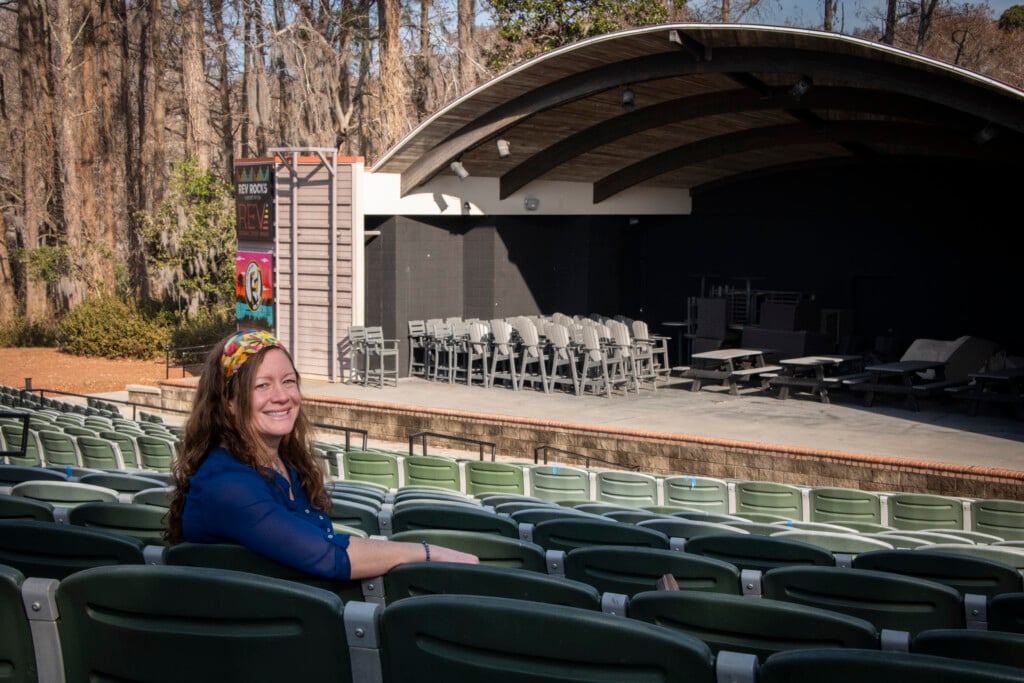Health Care Innovator
Barbara Biehner’s leadership roles shape local care
BARBARA BIEHNER can credit her love for tennis – she captained her college team at Emory University – for sparking a career in health care that has spanned more than four decades.
“In college I played with a lot of business leaders, while promoting the program, and met some physicians who were talking about health care administration,” she says. “I was interviewing for jobs, and one physician convinced me to meet the CEO of the hospital in Atlanta. About 90 minutes into the interview, I realized I was hooked.”
Biehner has made her mark through several senior leadership roles in health care administration, providing leadership at hospitals and health care systems in various states. Now, in addition to teaching at the University of North Carolina Wilmington’s School of Health and Applied Human Services, she is the board chair of ACCESS (Accessible Coastal Carolina Events, Sports, and Services, Inc.) of Wilmington, and, as of January, the board chair of the Novant Health Coastal Region.
Biehner has been active on the board for Novant and was instrumental in leading discussions and recommendations on the sale of New Hanover Regional Medical Center to Novant Health. She says expanding access to care is a top priority.
“Novant has invested a lot of time, resources, and money into our region, and we are trying to catch up to the growth in our region,” she says. “I do hope to work on establishing a pool of future board members to reflect our community.”
With ACCESS of Wilmington, Biehner says she is excited about working with the newly formed Wilmington Aquatic Center at the proposed Olsen Farm Recreation Village.
Biehner, who began her career as an assistant administrator following a master’s degree in health administration from Georgia State University, progressed to senior vice president and CEO positions across several states, from Pennsylvania to Kansas to Arkansas and many more. She achieved notable successes in helping operate various hospitals and health care systems, developing vital programs and services, and meeting patients’ health needs.
Biehner ascended to health care leadership roles in the early ’80s.
“Back then there weren’t many women in hospital leadership except nuns who ran their Catholic hospitals; so, it was a challenge from the beginning to be a female leader,” she says. “I’d be yelled at because someone wouldn’t realize I was the CEO and thought I was a nurse, and they were like, ‘How dare you tell me that I need to do this.’”
Biehner developed her leadership prowess through her experiences and learned how to successfully make an impact.
“I was willing to take on bigger challenges and do things people had never done,” she says. “If someone says we can’t do something, my thought is why not? Let’s see what we can do. I like to envision things better and find ways to make things better.”
After almost 30 years in health care, Biehner moved to Wilmington in 2005, attracted by her desire to return to the East Coast and relatives and friends in the area. Not ready to retire, Biehner began volunteering on local boards and stepping into new roles, which, aside from Novant and ACCESS, have included teaching roles at UNCW, serving as the executive in residence and director of external programs at UNCW’s Cameron School of Business, and serving as director of operations for Coastal Carolinas Health Alliance.
As a clinical assistant professor, Biehner teaches health care systems and managing human capital courses in UNCW’s Master in Health Administration program and serves as the practicum coordinator. She also teaches advanced finance and economics in the Doctor of Nursing Practice program.
Biehner says she is hopeful about the future of health care leadership. “The nice thing is that the ones we are teaching now are going to run things differently than we did in the past,” she says. “We didn’t have AI, or as many resources available to us. I think that’s going to make a difference. Being able to think outside of the box is really important. But you’ve got to keep your eye on the prize, and that is the patient or client.”
To view more of photographer Aris Harding’s work, go to arisharding.com.
Want more WILMA? Click here to sign up for our WILMA newsletters and announcements.




